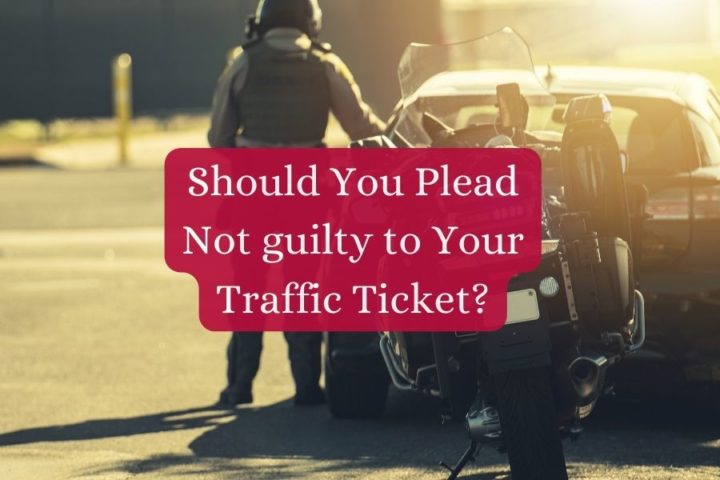There are arguments both for and against fighting a traffic ticket. Read on to find out what the process is and how to prepare for a fight. In addition, learn how to reduce the fine of a traffic misdemeanor ticket. After reading this article, you’ll be well-equipped to fight your traffic ticket and avoid a misdemeanor. If you’re not sure whether to fight your traffic ticket, read on to find out why fighting it may not be the best option.
Arguments against fighting a traffic ticket
If you get a traffic ticket, you might wonder if you should fight it. After all, fighting it means a court appearance and possible fines. But not all tickets are created equal. Some are misdemeanors, while others are crimes. Violations are less serious than crimes, such as DUIs. Here are a few reasons not to fight a ticket. Hopefully these arguments will help you avoid a traffic ticket.
First, not all tickets are contested. In fact, there are times when you can successfully argue against your ticket. Some violations are easy to prove, such as when you park near a fire hydrant. However, other violations are difficult to dispute, so it’s advisable to settle or challenge them. The defense may be that you had no intention of breaking the law, and you didn’t even hit another car.
Process to fight a traffic ticket
If you get a traffic ticket, the first thing you should do is examine it closely. Often the traffic ticket will contain inconsistencies or inaccurate information. The information could be wrong, such as your gender, sex, color, location, time, and date. In these cases, you can try to challenge the traffic ticket through mail. If you’re unable to fight the ticket through mail, you can ask for a hearing through the courthouse.
The prosecutor will present the prosecution’s case against you, while the police officer will testify as they remember the facts. You can either present your own defense or hire an attorney to represent you. When it comes to the hearing, the judge will call the case from the docket and ask if everyone is ready. You can ask to cross-examine the law enforcement officer who issued the citation. During your defense, make sure to outline the key points of your case and highlight any weaknesses in the prosecution’s case. If the officer did not appear, you can request that the case be dismissed.
- TrendzGuruji.me Cyber, Health and Digital Updates
- Deltawifi.com Login: Access Delta onboard Wi-Fi
- Hyperverse Login at H5.thehyperverse.net
- TAFCOP Consumer Portal: Check Mobile Number Connections
- DotMovies: Watch Bollywood and Hindi dubbed movies
Reducing a traffic misdemeanor ticket
There are several steps to follow when it comes to reducing a traffic misdemeanor ticket. Before submitting your application, be sure to read through the information below. Depending on the circumstances, you may be able to get your charge reduced entirely or at least substantially. There are several factors that may affect your chances of successfully reducing your traffic misdemeanor ticket. First of all, you must have a valid driver’s license. If you are not a resident of the state, you must provide a copy of your driving abstract. Without the driving abstract, your application will not be processed.
Most traffic misdemeanors are infractions, which are not considered serious crimes. However, they carry hefty fines, surcharges, and driver responsibility assessments. They can even result in points being added to your driver’s license. In some cases, traffic misdemeanors are upgraded to felony charges. Luckily, there are several ways to challenge your traffic ticket.
/rece
Fighting a traffic misdemeanor ticket
In Nevada, you have two options for fighting a traffic misdemeanor ticket. You can represent yourself in court, or hire an attorney. A traffic violation will appear on your driving record for three to seven years, depending on how serious the offense was. If you fight the charge, it can be dropped, or at least reduced to a lesser charge. Most violations carry a two-point penalty, but the worst case scenario involves you getting six points for driving under the influence. If you have more than 12 points in two years, you can lose your license.
When you fight a traffic ticket, it’s important to be prepared. The first thing you need to do is search the laws you were cited under. If the law is minor, you are unlikely to have intended to break it. If you were going against the flow of traffic, you probably broke it, but this won’t help your case. Another possibility is that the officer selected you because of a mistake in citing a statute. This could be a mistake, or may be an ethical issue that could affect the outcome of your case.
